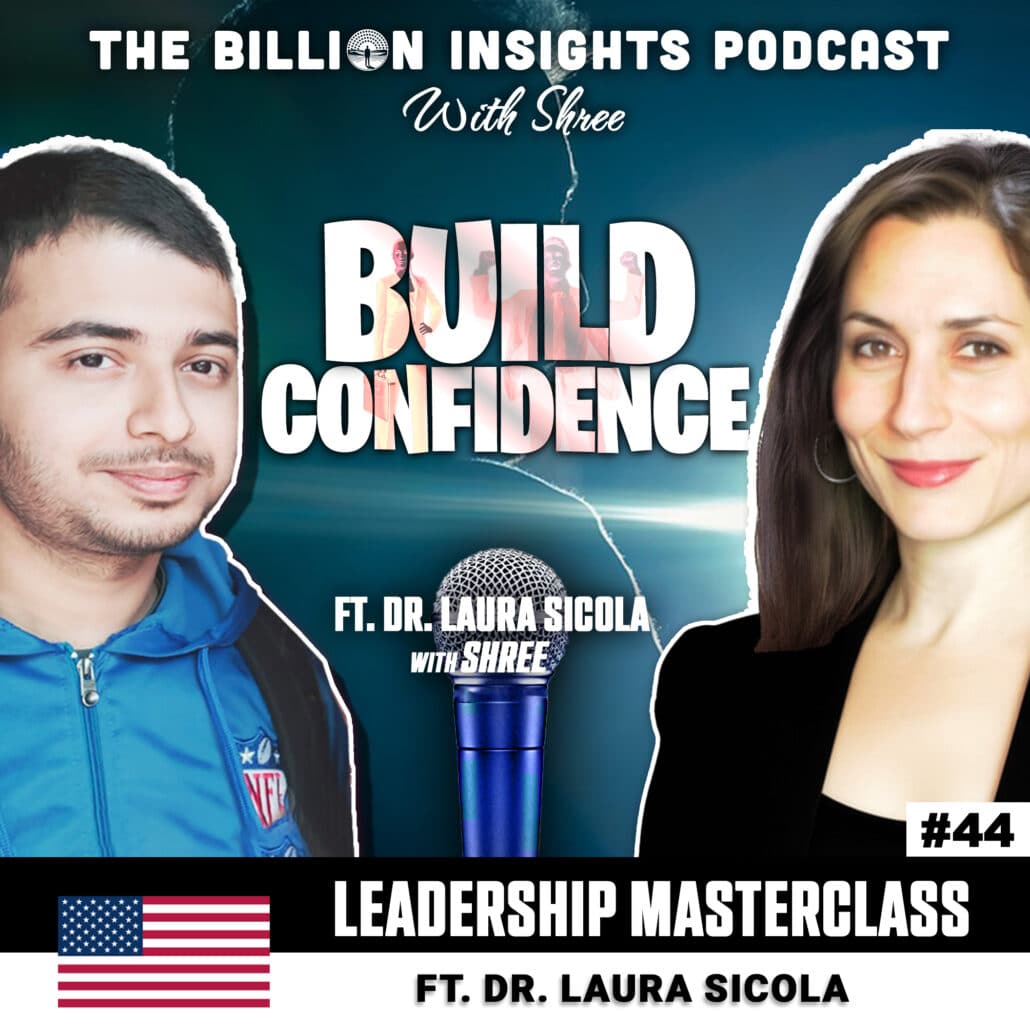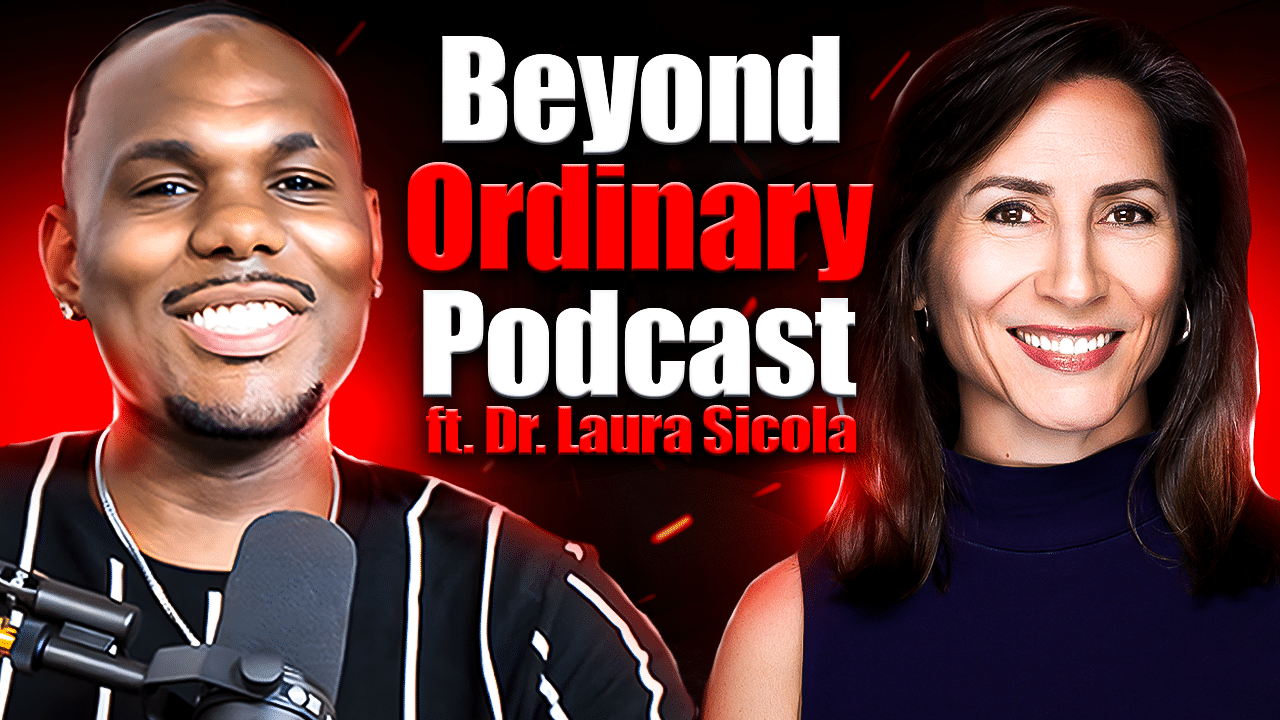Nothing is more infuriating than being passionate about something and wanting to contribute at a higher level, only to be dismissed — sometimes subtly, sometimes blatantly — by those in power.
In Netflix’s Six Triple Eight, we meet Major Charity Adams (portrayed by Kerry Washington) and her battalion of Black female soldiers during World War II — highly competent, deeply patriotic women who wanted to serve their country, despite being consistently underestimated, undervalued, harassed, and largely dismissed by the military establishment.
When they finally received an assignment, it wasn’t combat or strategy. It was… mail.
Leadership Lessons from Six Triple Eight: Turning Seemingly Unimportant Tasks Into Big Impact
Sort the mail, they were told.
Then it got worse.
When Major Adams and her unit arrived, they discovered mountains of unopened mail: bags of letters stacked from floor to ceiling, filling multiple warehouses.
Millions of undelivered letters — some months old, others years — sat untouched. Several prior teams (of white male soldiers) had already failed to make progress.
Not only did the assignment feel like an intentional effort to sideline the women with menial labor, it became painfully clear that they were being set up to fail.
At first glance, the task was demoralizing. But then Major Adams and her unit learned something that reframed everything.
The soldiers on the front lines hadn’t heard from home in months. And their families didn't know if they were alive or dead. Morale was collapsing. Hope was fading. And as every leader knows: when hope dies, so does commitment to purpose, and of course, results.
Why Connection and Morale Are Essential to Leadership Success
A culture of despair can undermine even the most sophisticated strategy.
And as Peter Drucker famously said: “Culture eats strategy for breakfast.”
Suddenly, this task wasn't viewed as a fool's errand. It was vital.
Their job wasn’t just to sort mail. Their mission was to restore human connection, renew hope, and strengthen the morale essential for winning the war.
(You’ll have to watch the movie to see how their story unfolds.)
The Leadership Communication Lesson Every Executive Needs to Hear
Too often as leaders, we underestimate the power of small tasks and quiet moments. We assume that real leadership impact happens in high-profile meetings, strategy sessions, or major presentations. But leadership influence is often built — or lost — in the smallest interactions.
Because at its core, leadership is about connection.
When people feel connected — to each other, to their leader, to a greater purpose — they feel seen, heard, and valued. That emotional engagement fuels commitment, resilience, and high performance. Without connection, we see the rise of presenteeism, disengagement, and toxic undercurrents.
Ask Yourself and Your Team: Where Are You Missing Hidden Leadership Opportunities?
- Are you taking time to personally acknowledge a team member’s quiet contributions?
- Are you following up with a client or customer simply to check in — not to sell?
- Are you recognizing the “invisible work” that keeps your organization running smoothly?
- Are you helping underperforming employees reconnect with purpose, rather than simply focusing on quality control?
The Hidden Power of Executive Presence and Influence
Major Adams saw what others missed: no task is truly small when human connection and morale are at stake.
That’s why learning to “read the room,” being fully present, and maximizing leadership communication moments are often at the heart of my executive coaching work. Small moments can yield enormous returns in leadership influence, team morale, and organizational culture.
When we value these seemingly small moments, we unlock extraordinary outcomes.
Want More Immediately Actionable Insights on Leadership Communication?
I recently joined Shree on The Billion Insights Podcast where we explored:
- Why effective listening is crucial for leadership success
- How to capture attention in a noisy world
- The power of storytelling in leadership communication
- Practical advice for speaking with greater clarity, confidence, and influence

I also had a great conversation with Myles Youngblood on The Beyond Ordinary Podcast, where we discussed:
- Mastering the art of public speaking
- Why authenticity is the key to influence
- How tone, pacing, and even how you say your name directly impact executive presence and leadership brand

These conversations were great back-to-basics we need to remember as leaders.
They’re also great introductions to massively important personal and professional communication skills, so share the links or this blog with anyone you know who would benefit, whether senior leaders or young professionals newly started on the career journey.
What’s the hidden leadership opportunity you’re overlooking in the what seemed to be unimportant task ?



